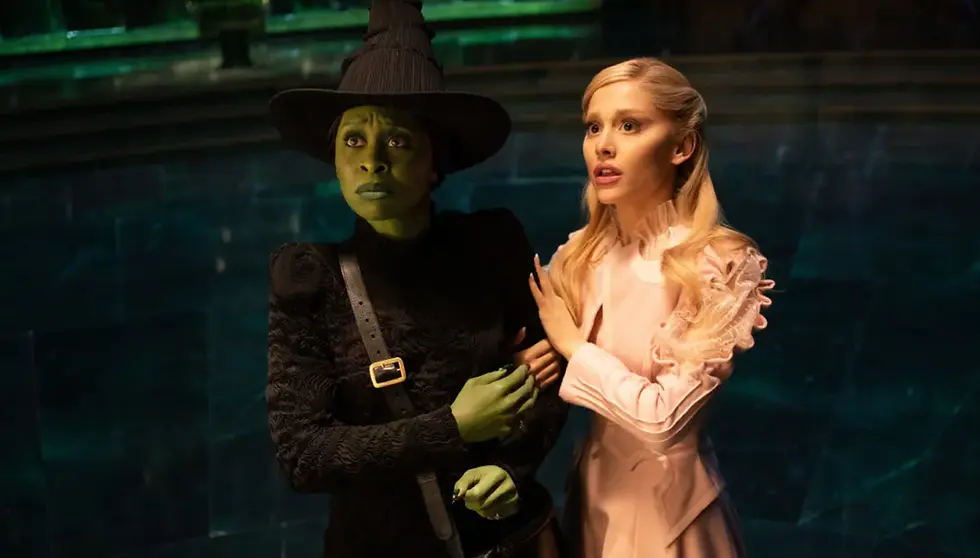A-Typical Rainbow - Turbine Theatre
- comaweng
- Jul 28, 2022
- 3 min read

There are, I suspect, people whose experiences of neurodiversity in the home are markedly different from that of Boy (Conor Joseph at the performance I attended, understudying for JJ Green) – and that’s okay, because this is a deeply personal story. There’s a bit too much fantasy in it for my liking, though as a recollection of childhood memories this can be forgiven, particularly in the light of Father’s (James Westphal) unpleasant and dismissive remarks. At least Mother (Caroline Deverill) let Boy be, well, a boy. Some, if not all, the consultations with a doctor (also Westphal) are less helpful than intended, because the production portrays the doctor as a specialist who really doesn’t know what he’s talking about but is too proud to refer the case on to colleagues who would be better placed to assist.
The dialogue is fascinating when it wants to be. Boy, who is duly placed on the autistic spectrum, is unhappy with society’s use of the word ‘maybe’, as though ‘maybe’ an aeroplane might get its passengers to the intended airport, or otherwise ‘maybe’ it will crash so quickly there will be fish swimming around people’s ankles before they’ve even had the chance to use the evacuation slide (my paraphrase of what was actually said in the play). I can only reply that I have found the use of ‘will’ or ‘shall’ quite problematic – one cannot predict the future, and if someone says X ‘will’ happen, and then for unforeseen reasons, X doesn’t happen, that person has, in a word, lied.
This is, for people like me who have never been placed on the autistic spectrum, highly intriguing stuff: the attention to detail and need for routine has been explored in The Curious Incident of the Dog in the Night-Time – the book is even referenced in this story as something Boy could relate to and identify with but did not feel able to say so out loud in the classroom because it would only cause yet more bullying. The likes of Emily (Maya Manuel) and Jake (Jack Chambers) weren’t the only ones causing grief for Boy – he discovers that Mother is on the receiving end of inappropriate remarks as well, from her contemporaries.

There is congruence between my own train (so to speak) of thought and that of Boy’s: public transport, particularly in Britain, is a stressful experience whether one is autistic or not, and there are indeed certain linguistic conventions that fail to provide clarity. Boy has to have ‘raining cats and dogs’ explained to him. The phrase that irritates me most, for what it’s worth, is ‘I can confirm’, which merely tells me the other person possesses the ability to confirm something, without actually confirming anything. Likewise, if Boy is asked if he could take the bins out, the answer is, “Yeah, I can do that. I’m capable of that.”
Yes, it’s a little too repetitive, and while it is tempting to declare the show refreshing for being long enough to have two acts, it could do with some trimming, to the point of becoming one of those ninety-minute no-interval productions (it currently runs at two hours and twenty minutes, including interval). That said, the call for change here is crystal clear, and the possibilities of making relatively small adjustments to make a substantial difference to the lives of others is pragmatic and achievable. A perceptive and insightful piece of theatre.
Four stars (for those who absolutely insist on a star rating)




Comments